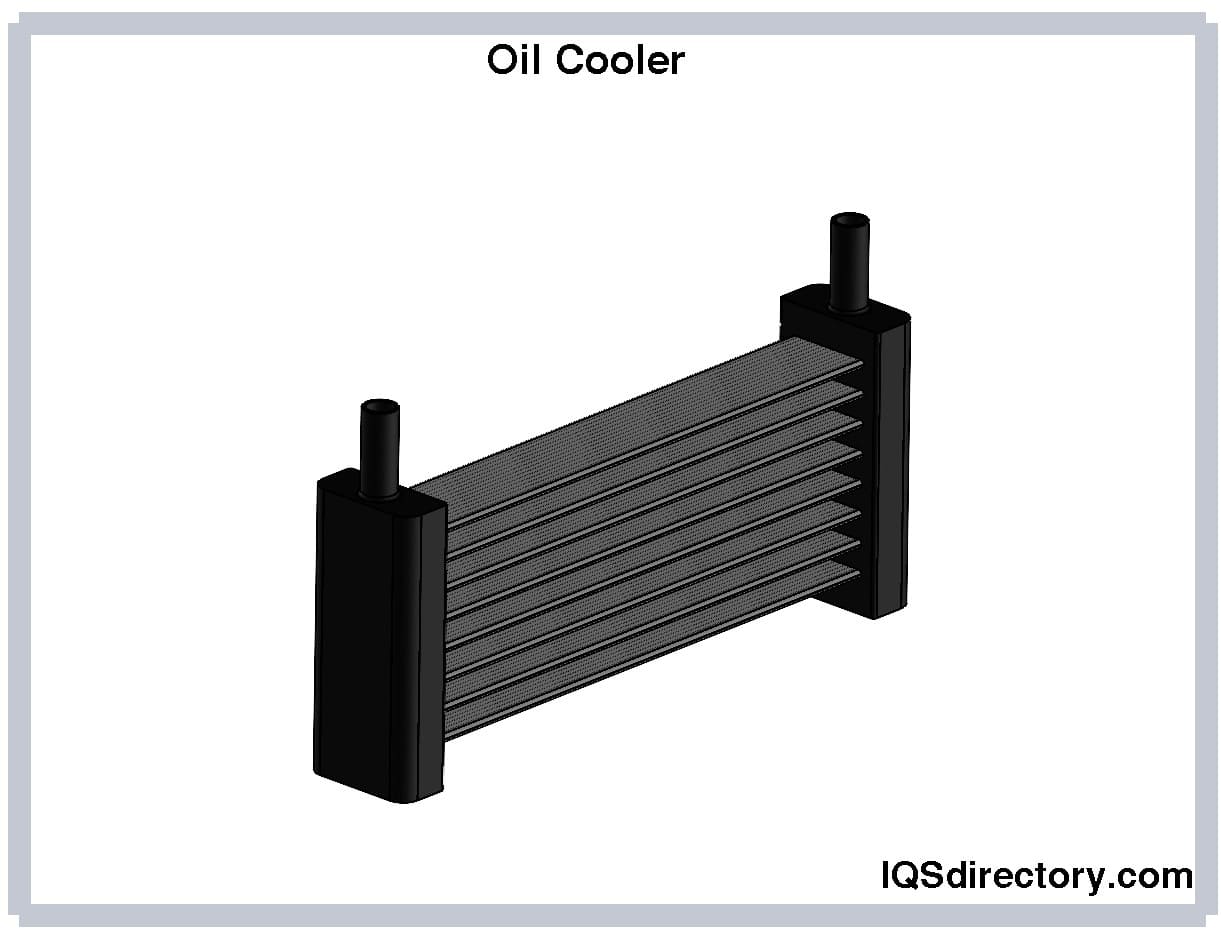An Unsung Savior: The Way Lubricant Coolers Protect Your Vehicle

As engines work harder and face different driving conditions, the oil can become inordinately hot. When this happens, it loses its ability in lubricating and protecting engine components, which can lead to increased wear and potential failure. An oil cooler acts as a temperature regulator, allowing oil to release heat as it circulates through the engine. By understanding the importance of oil coolers, vehicle owners can recognize how this relatively simple component plays a crucial role in prolonging engine life and enhancing overall performance.
Grasping Oil Cooler Mechanism
Oil coolers play a key role in maintaining optimal machine performance by managing the temperature of engine oil. As the machine functions, resistance generates thermal energy, which can cause the oil to become excessively warm. When oil temperatures rise excessively, it loses its viscosity and ability to lubricate, leading to higher stress on machine elements. The oil cooler helps mitigate this excess heat, ensuring that the oil remains within an suitable temperature range for efficient operation.
The structure of an oil cooler allows it to convey heat away from the oil and disperse it into the enclosing atmosphere or coolant. Typically, oil passes through a series of tubes and fins within the cooler, where it is exposed to lower temperature air or coolant from the motor's temperature regulation system. This process successfully lowers the oil temperature before it flows back to the motor, encouraging enhanced lubrication and extending the longevity of motor components.

In high-output applications, the importance of oil chillers grows even more pronounced. Engines subjected to extreme conditions generate more heat, making effective cooling necessary to stop thermal overload. By keeping the oil at the right temperature, oil coolers help maintain machine efficiency, enhance performance, and minimize the chance of costly maintenance, underscoring their role as silent protectors in machine care.
Benefits of Oil Coolers for Vehicle Performance
A key positives of oil coolers is the ability to maintain ideal oil temperatures, which is crucial for engine performance. When the oil temperature increases beyond the optimal range, it can lead to lowered viscosity, lessening its ability to lubricate engine components effectively. By cooling the oil, these coolers help maintain the appropriate viscosity, ensuring that the engine runs efficiently and optimally, enhancing overall performance.
Furthermore, oil coolers have a crucial role in extending engine life. Engines that operate at high temperatures for prolonged periods can suffer from faster wear and tear. An oil cooler assists in dissipating heat, mitigating the risk of overheating. This not only safeguards vital engine components but also contributes to a lower frequency of maintenance and repairs, ultimately conserving the vehicle owner both time and money.
Furthermore, better fuel efficiency is a further notable positive of oil coolers. When the engine operates at the ideal temperature, it can burn fuel more effectively, leading to higher mileage. With cooler oil aiding in maintaining stable engine temperatures, the vehicle can achieve maximum combustion. This results in diminished fuel consumption and lower emissions, coinciding with environmentally friendly practices while enhancing the driving experience.
Typical Issues and Upkeep Suggestions
Oil cooler units are essential components that can face various problems if not maintained properly. One typical issue is clogging, which can happen due to contaminants in the lubricant. When the oil cooler becomes obstructed, it leads to insufficient cooling and can cause motor overheating. Regularly checking holden trax oil cooler for signs of obstruction and ensuring proper oil filtering can help mitigate this challenge.
An additional issue to look out for is leaks. Oil coolers can develop leaks over time, notably if they are made of weaker materials. A leakage not only diminishes the efficiency of the cooler but can also lead to oil loss and potential engine failure. It is essential to carry out routine surveys for any signs of oil seeping or gathering around the cooler, and to swap faulty parts immediately.
To ensure peak performance, consistent maintenance is critical. This comprises updating the oil and filter according to the manufacturer’s specifications and cleansing the cooling system at regular intervals. Additionally, servicing the cooler when possible, can avoid buildup that hampers performance. Maintaining the oil cooler in good shape is a preventive measure that enhances the overall health of the vehicle’s engine.
